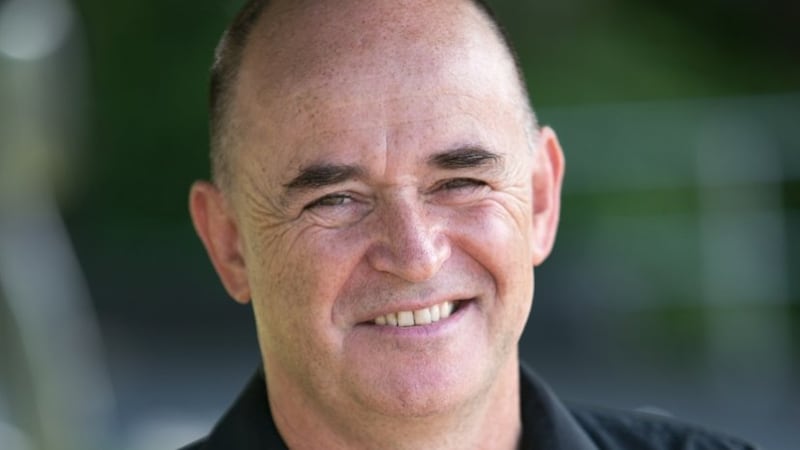Digital system and human thought convergence. Photo / Wikimedia Commons
Advancements in artificial intelligence (AI) technology are giving rise to complex concerns surrounding information origin and data sovereignty, according to Te Taka Keegan, a prominent Māori data scientist.
Keegan (Waikato-Maniapoto, Ngāti Apakura, Te Whānau-ā-Karuai ki Ngāti Porou and Ngāti Whakaaue), an associate professor at the University of Waikato says AI programs, for now, mostly provide responses based on interpretations of vast datasets that are fed into them.
"The first question has to be where does it get its information from, and then how can we make sure its information isn't misappropriated" Keegan told Radio Waatea.
Another challenge is language sovereignty when it comes to interacting with AI systems according to Keegan, especially if people pose questions in te reo Māori, and expect responses in Māori.
Historical accuracy though, Keegan says, is the critical consideration for now.

Co-Director of AI Institute Māori, Te Taka Keegan. Photo / Whakaata Māori Archive
Chatbots like ChatGPT have been panned for an inability to rank and critically assess the reliability of information.
An app developed by a San Francisco data-scientist purported to let users to chat with historical political figures.
It wasn't long till the app started justifying the actions of Hitler, the german dictator responsible for the deaths of around 15 million in World War II.
Keegan who helped integrate te reo Māori into Google's translate tool, and has consulted for Microsoft and other tech juggernauts in their efforts to integrate Te Ao Māori, acknowledges AI systems as a reality of digital progress.
"How can we build systems that are built on our own information, information we approve?" the Co-Director of the university's AI Institute Māori, questioned.
The challenge for data scientists like himself, he concedes, is pressing.




